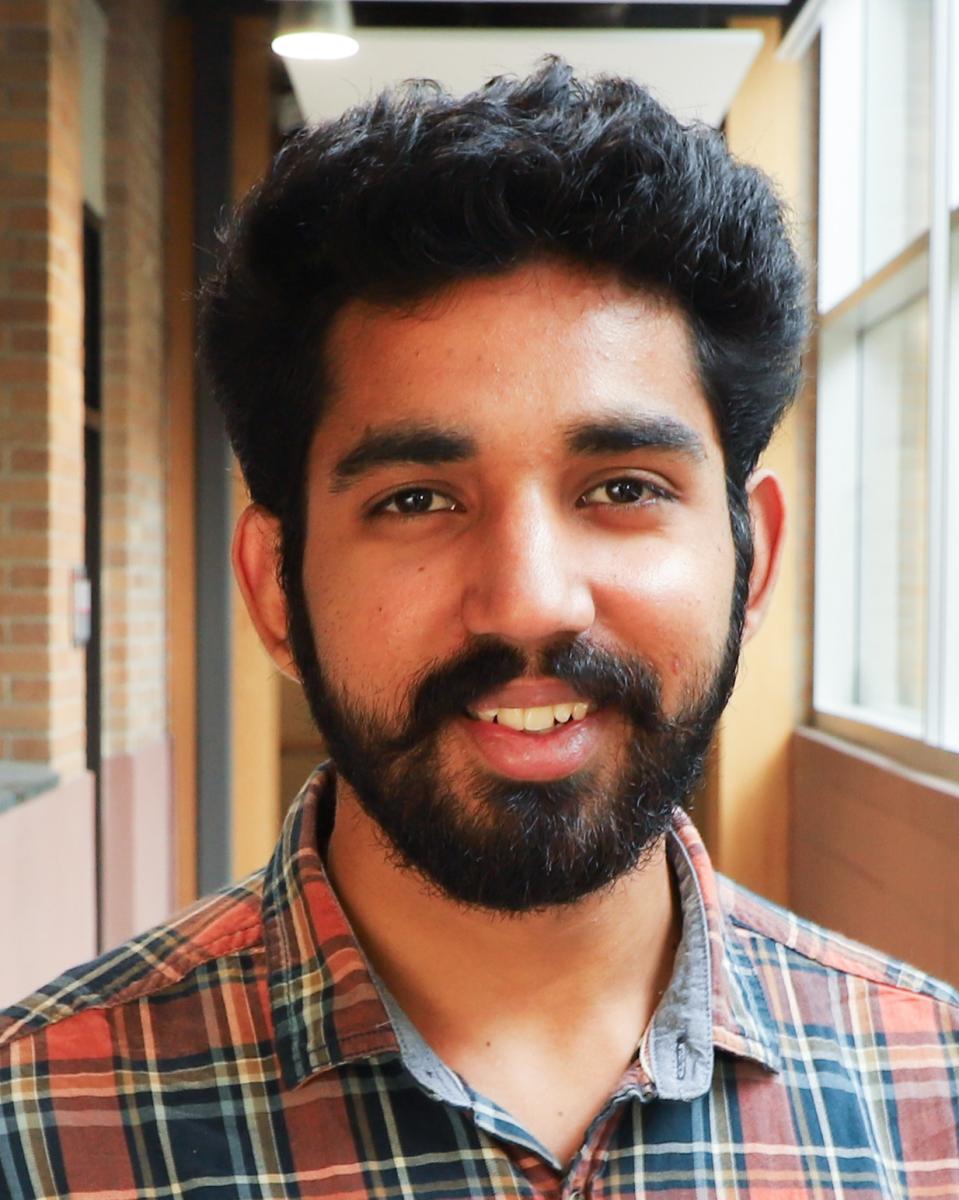
Yuvraj Chopra
2024 Plant Science Symposium Chair
EDUCATION:
- M.S. student, Agronomy specializing in Plant Breeding and Genetics, University of Nebraska-Lincoln
- M.S. in Plant Breeding & Genetics, University of Nebraska-Lincoln
- B.S. in Agriculture, Punjab Agricultural University, Ludhiana
ADVISORS: Harkamal Walia & Scott Sattler
EMAIL: ychopra3@huskers.unl.edu
Yuvraj’s research at UNL focuses on examining the impact of modifying monolignol biosynthesis on stress tolerance traits in sorghum. The project is important because altering lignin composition can improve digestibility thus making sorghum more amenable for biofuel and forage purposes, if such modifications alter stress response it could have agronomic limitations. Any discovery made with this project will provide novel insights into the connection between monolignol biosynthesis and plant stress response, along with direct farm-level implications. He is an active member of the Agronomy and Horticulture Graduate Student Association at UNL, currently the Elevator Speech Contest Chair.
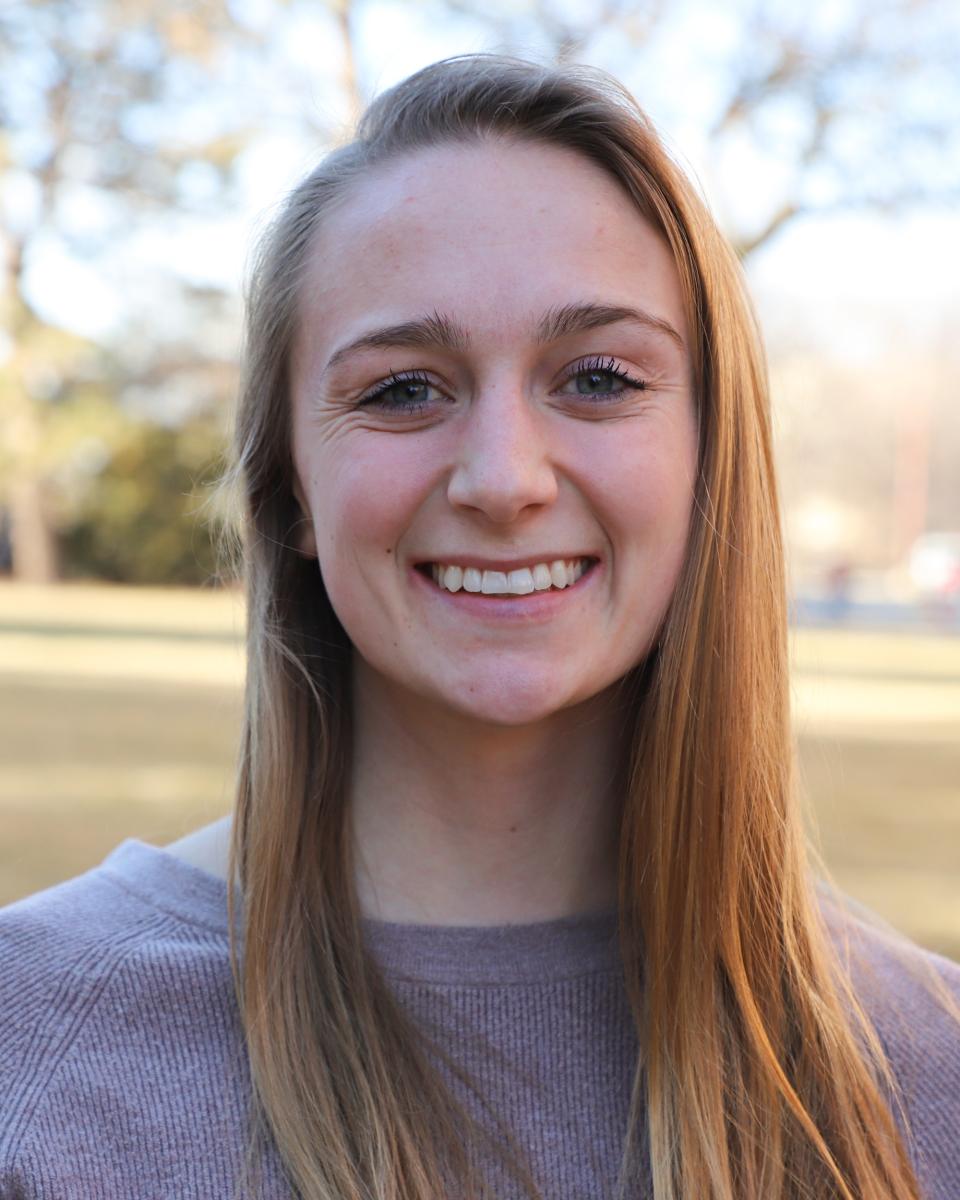
Lexie Foster
2024 Plant Science Symposium Co-Chair
EDUCATION:
- M.S. student in Genetics, Cellular and Molecular Biology, University of Nebraska–Lincoln
- B.S. in Microbiology, University of Nebraska–Lincoln
ADVISOR: Daniel Schachtman
EMAIL: lexie.foster@huskers.unl.edu
Foster's research is looking into the interconnected relationship between beneficial soil bacteria and nitrogen-use efficiency (NUE) in maize. More specifically, her project is focused on testing potentially beneficial bacterial species isolated from the soil microbiome that, when inoculated into a maize seedling, may have a positive effect on certain growth traits of maize in low nitrogen conditions. This research is centered around studying methods of increasing NUE in crops, such as maize, in more sustainable and innovative forms, to both increase yield and food security, while at the same time, decreasing the negative impacts of nitrogen fertilizer on the environment.
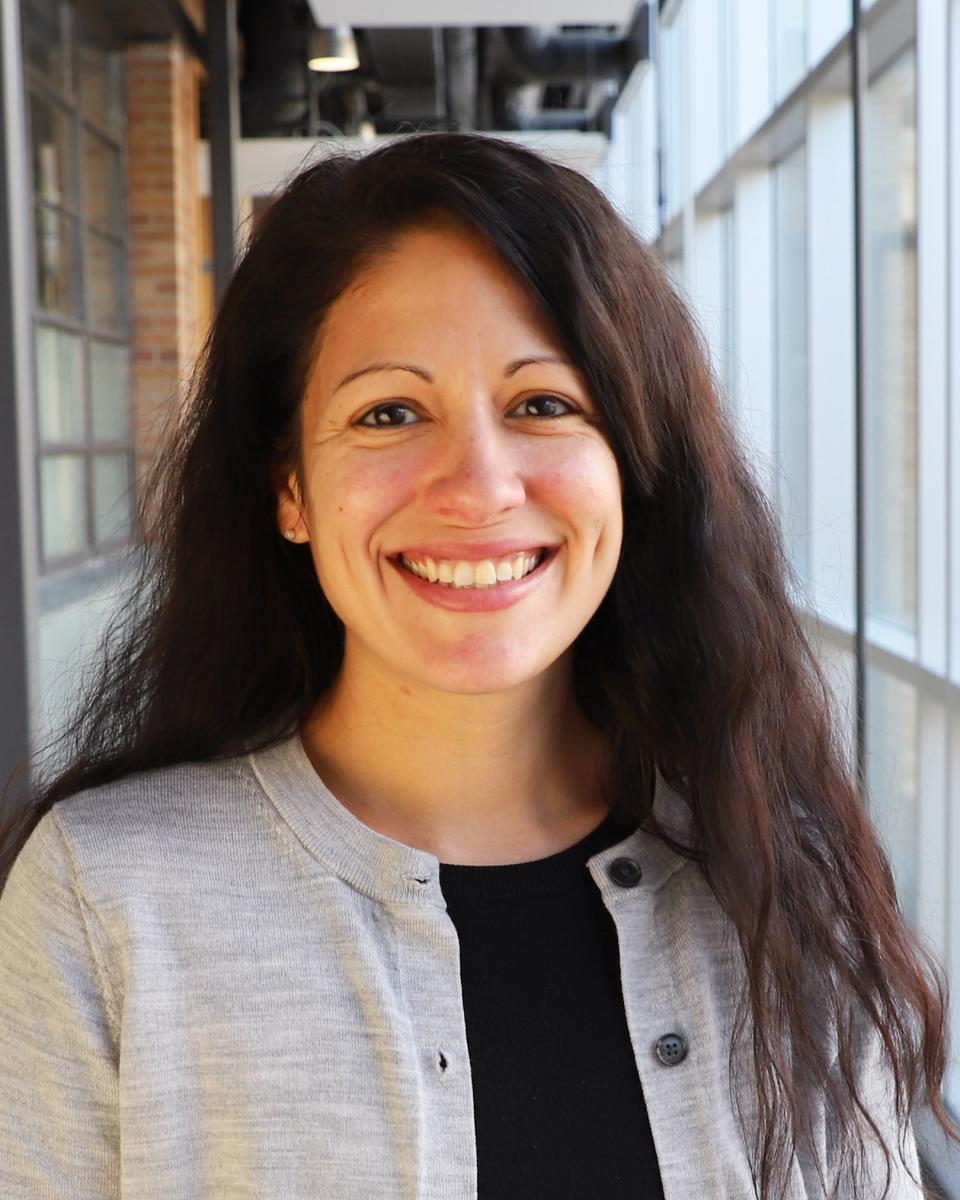
Kristina Alas
EDUCATION:
- Ph.D. student in Agronomy specializing in Plant Breeding and Genetics, University of Nebraska–Lincoln
- M.S. in Agronomy, University of Nebraska–Lincoln
- B.S. in Horticulture, University of Nebraska–Lincoln
ADVISOR: Keenan Amundsen
EMAIL: kalas@huskers.unl.edu
Alas is a doctoral student in the Department of Agronomy and Horticulture at the University of Nebraska–Lincoln. She conducts research to support the hop breeding program. Her research focuses on the development of hop cultivars adapted to the Midwest so that regional producers can have consistent yields and beer brewers can have consistency in their ingredients. Additionally, she’s focused on extending our understanding of the genetic basis of downy mildew resistance to enable the development of resistant hop varieties.

Waqar Ali
EDUCATION:
- Ph.D. student in Complex Biosystems, University of Nebraska–Lincoln
- MS in Plant Breeding and Genetics, University of Agriculture Faisalabad, Pakistan
ADVISOR: James Schnable
EMAIL: wali3@huskers.unl.edu
Ali is working on predictive behavior of genotypes and identification of novel mutants regarding yield components in Maize across multi-environments using genomic prediction approach.
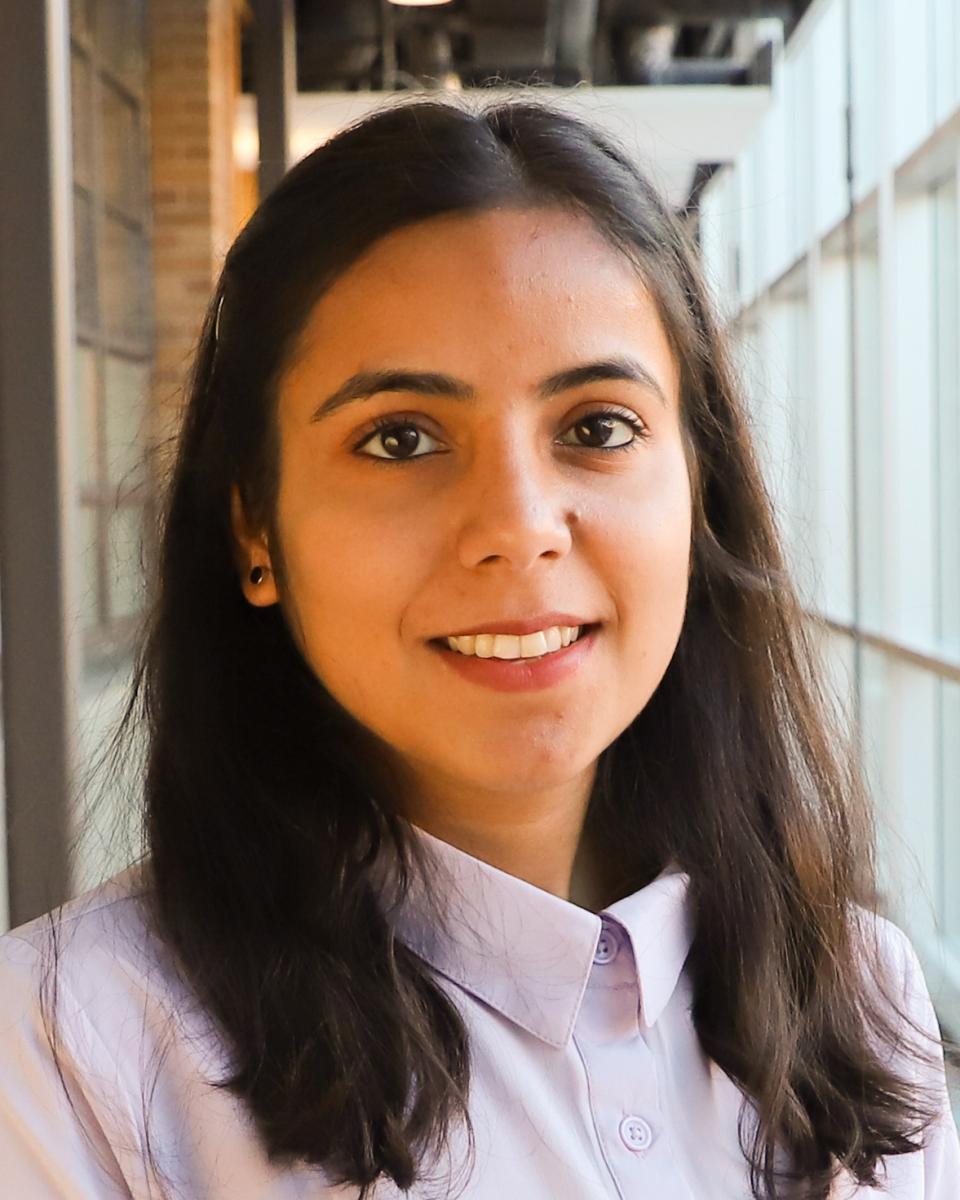
Sofiya Arora
EDUCATION:
- M.S. student in Entomology, University of Nebraska–Lincoln
- B.S. in Agriculture: Punjab Agricultural University, Ludhiana, India
ADVISOR: Shaonpius Mondal
EMAIL: sarora3@unl.edu
Sofiya’s research deals with investigating High Plains Wheat Mosaic Virus and its interactions with the wheat host and mite vector.

Jensina Davis
EDUCATION:
- Ph.D. student in Agronomy, Center for Plant Science Innovation, University of Nebraska–Lincoln
- B.S. in Agronomy and Seed Science, Iowa State University
ADVISOR: James Schnable
EMAIL: jdavis132@huskers.unl.edu
Jensina’s research uses computational and statistical methods to study plasticity in elite maize hybrids. Plasticity is the ability of genotypically identical individuals to exhibit different phenotypes under different environments in a genotype-dependent manner. Characterizing and generating an understanding of the plasticity of modern maize hybrids, both for yield and yield components can allow us to better place and manage hybrids for increased yield and sustainability and guide approaches to managing plasticity during the breeding process.
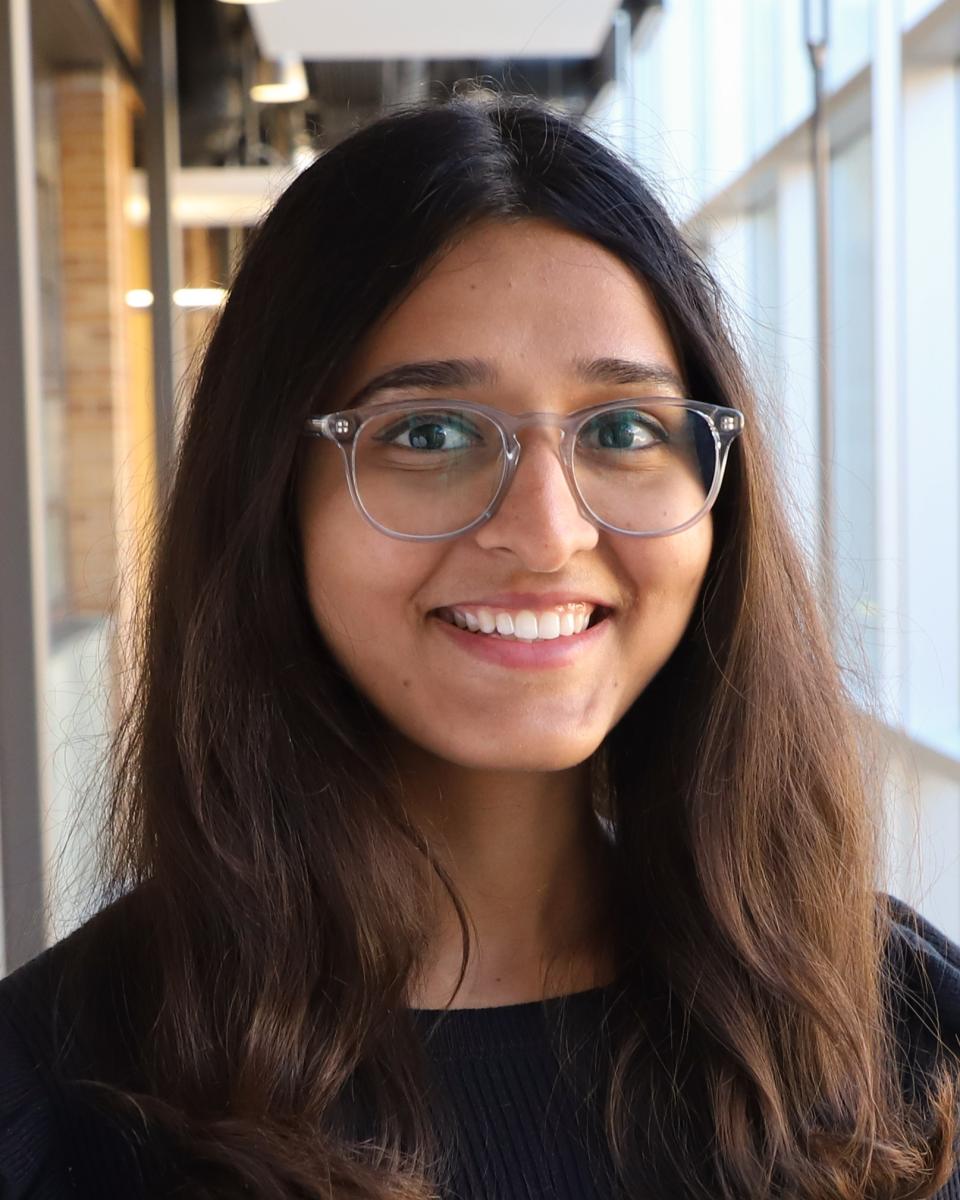
Nikhitha Gangavarapu
EDUCATION:
- Ph.D. student in Entomology, University of Nebraska–Lincoln
- M.S. in Agricultural Entomology, Visva Bharati University
- B.S. in Agriculture, Acharya NG Ranga Agricultural University
ADVISOR:Shaonpius Mondal https://entomology.unl.edu/faculty/dr-shaonpius-mondal
EMAIL: ngangavarapu2@huskers.unl.edu
Gangavarapu is working with the microbiome and metabolome of wheat curl mites when infested with WSMV and TriMV.
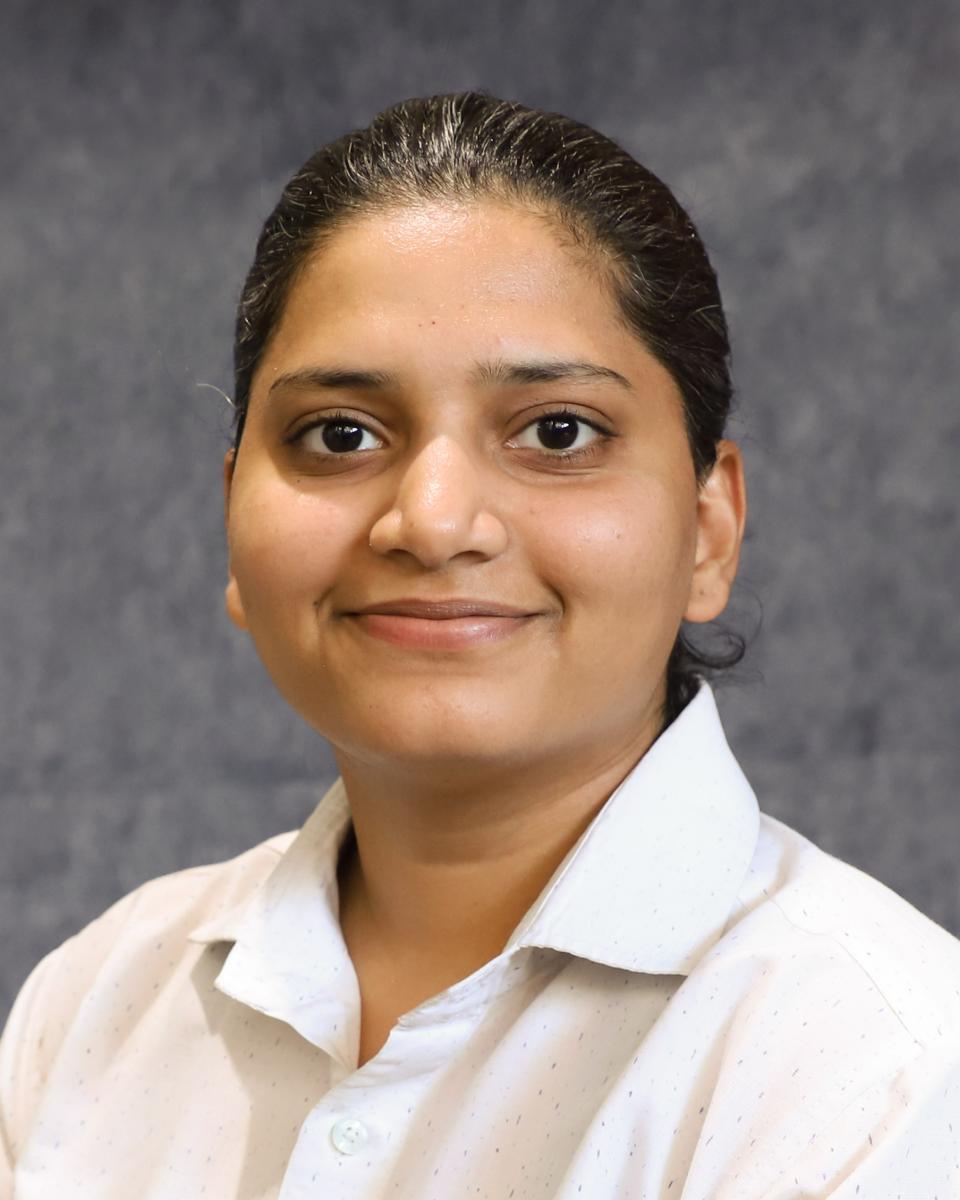
Esha Kaler
EDUCATION:
- M.S. student in Entomology, University of Nebraska–Lincoln
- B.S. in Agriculture, Punjab Agricultural University, 2022
ADVISOR: Joe Louis
EMAIL: ekaler2@unl.edu
Kaler is working on screening of perennial sorghum genotypes to find resistance sources against sugarcane aphid.

Felipe Krause
EDUCATION:
- Ph.D. student in Agronomy specializing in Plant Breeding and Genetics, University of Nebraska–Lincoln
- M.S. in Genetic and Plant Breeding, University of Sao Paulo – Brazil
- B.S. in Agronomy, Federal University of Rio Grande do Sul – Brazil
ADVISOR: George Graef
EMAIL: fkrause2@huskers.unl.edu
Felipe’s research focuses on understand the phenotypic and genetic relationships between soybean seed quality content and yield, and perform genomic prediction for soybean meal protein, as a selection method to improve this important trait in soybean breeding programs.
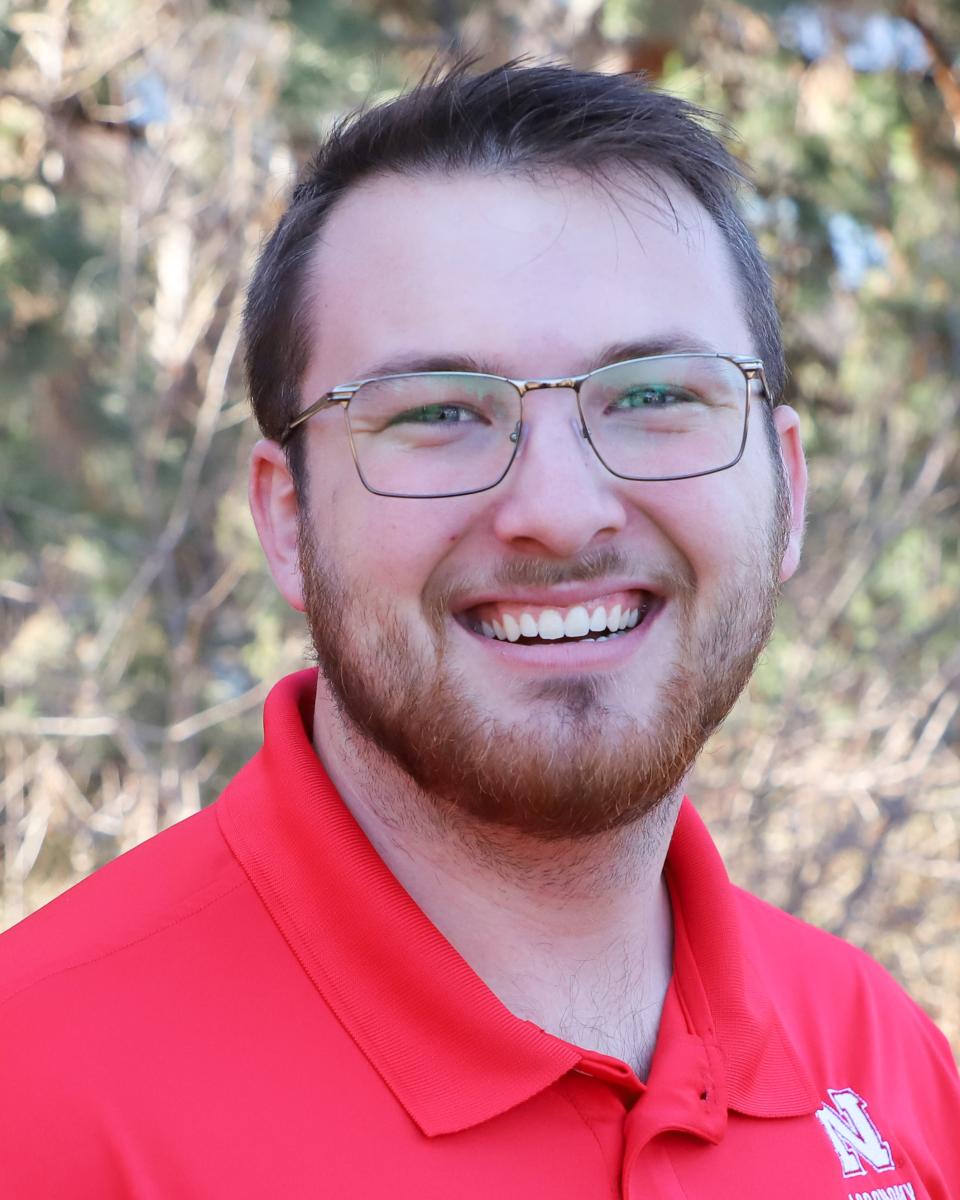
Garrett Kuss
EDUCATION:
- Doctor of Plant Health student, University of Nebraska–Lincoln
- B.S. in Plant Biology, minors in Mathematics and Horticulture, University of Nebraska–Lincoln
ADVISOR: Jeff Bradshaw
EMAIL: gkuss2@unl.edu
Kuss is working on developing extension and teaching curriculum based around crop scouting and agronomy while also working in industry.
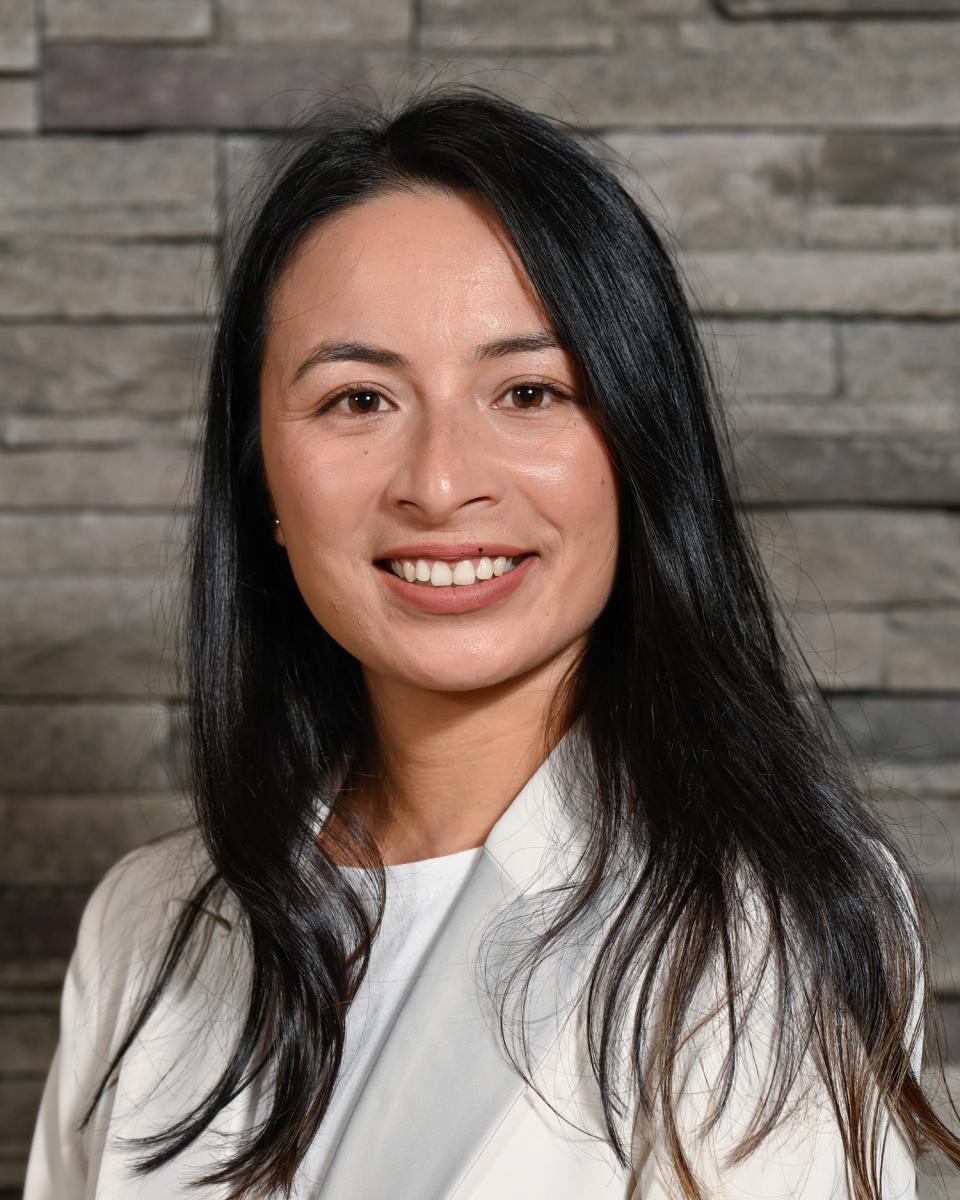
Nikee Shrestha
EDUCATION:
- Ph.D. student in Complex Biosystems, Center for Plant Science Innovation, University of Nebraska–Lincoln
ADVISOR: James Schnable
EMAIL: nshrestha5@huskers.unl.edu
Shrestha is working mostly on quantitative genetics for gene discovery with important agronomic traits and improving the resolution of quantification of data using different high throughput phenotyping, machine learning, and artificial intelligence.

Sai Subhash Mahamkali Venkata Subramanyam
EDUCATION:
- Ph.D. student in Complex Biosystems, Center for Plant Science Innovation, University of Nebraska–Lincoln
- M.S. in Biotechnology, West Virginia State University
- B.S. in Agriculture, Vasant Rao Naik Marathwada Agriculture University, India
ADVISOR: Jinliang Yang
EMAIL: smahamkalivenkatas2@huskers.unl.edu
Subhash is working on quantitative and population genetics. My study focuses on gene functions and evaluation of genetic composition of maize and sorghum populations.

Natasha Hiromi Umezu
EDUCATION:
- Ph.D. student in Entomology, University of Nebraska–Lincoln
- B.S Agronomy, University of Sao Paulo-Brazil
ADVISOR: Justin McMechan
EMAIL: numezu2@huskers.unl.edu
Natasha’s research focuses on evaluating cultural and chemical management to mitigate soybean gall midge (Resseliella maxima) injury. She is also studying the impact of hail damage on the soybean gall midge abundance and infestation.
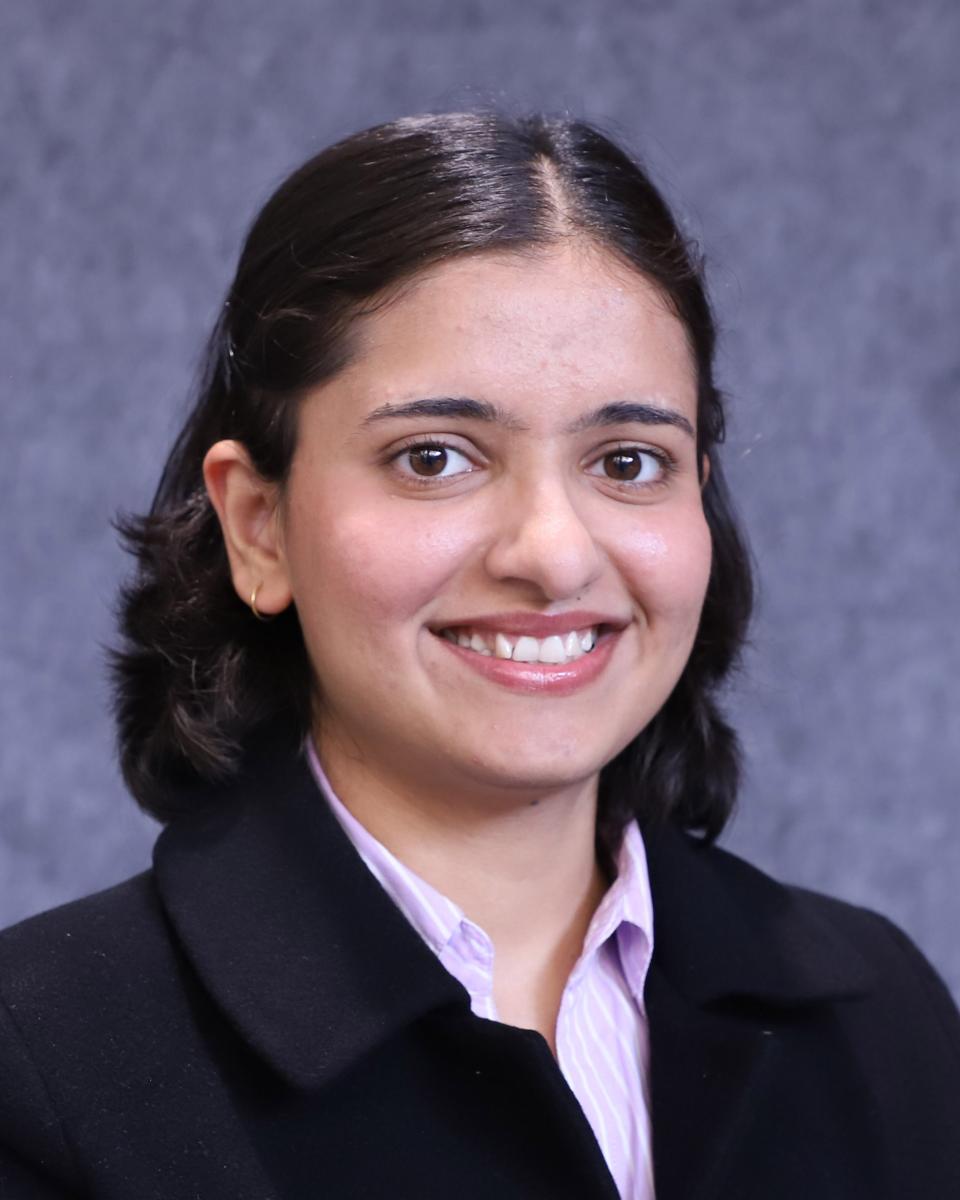
Kashish Verma
EDUCATION:
- M.S. student in Entomology, University of Nebraska–Lincoln
- B.S. in Agriculture, Punjab Agricultural University, Ludhiana, India
ADVISOR: Joe Louis
EMAIL: kverma2@huskers.unl.edu
Kashish’s research aims to determine the effect of alterations in lignin biosynthetic pathway in sorghum on sugarcane aphid feeding and behavior and to find out the mechanisms of resistance.
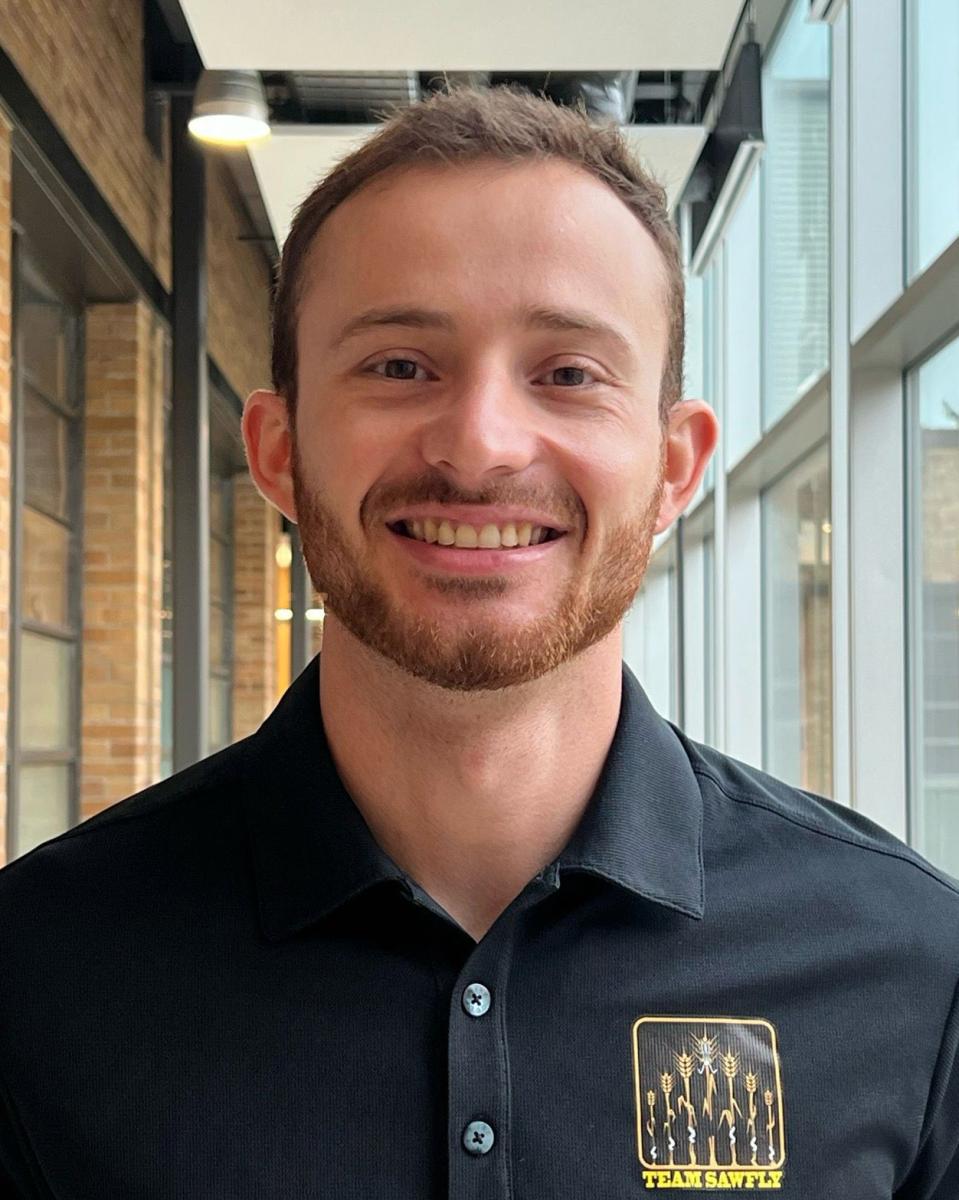
Vinicius Zuppa
EDUCATION:
- Ph.D. Student in Agronomy, University of Nebraska–Lincoln
- B.S. in Agronomy, Federal University of Lavras - UFLA, Minas Gerais, Brazil.
ADVISOR: Cody Creech
EMAIL: Vandrad2@unl.edu
Zuppa is currently leading research on Wheat Stem Sawfly in western Nebraska. Work and study focus on quantifying infestation levels across wheat varieties, aiming to understand and develop integrated strategies for mitigating Wheat Stem Sawfly impacts on dryland cropping systems. The research extends beyond Nebraska to benefit cropping systems in the broader High Plains region.